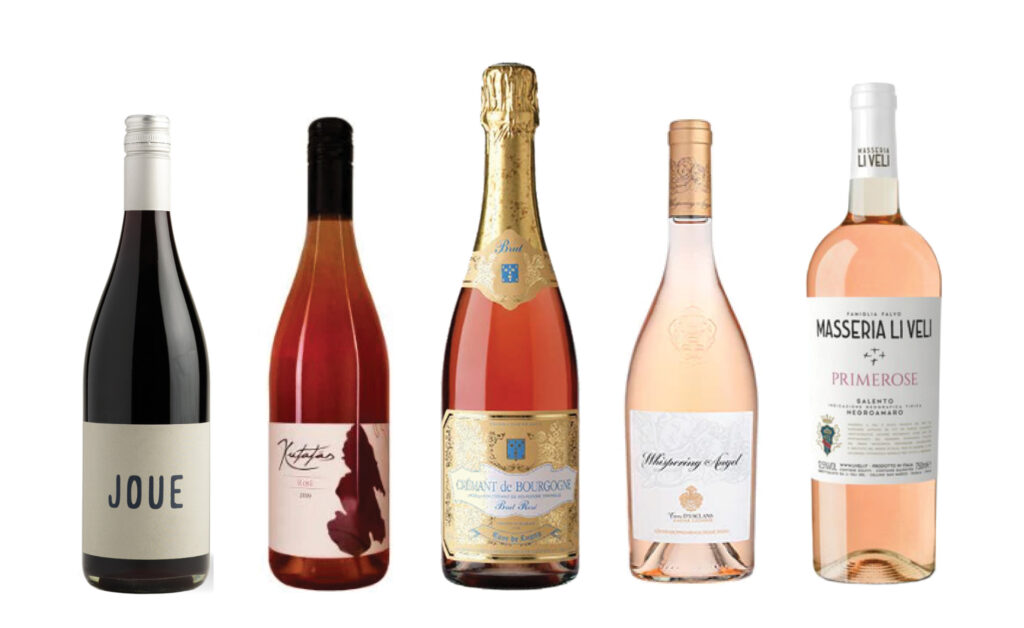– by Steve Sheppard –
As a teenager who drank coffee, I never had my parents express their concern about the 10 cups a day I was consuming.
There are many parents and researchers alike that will make the argument that not only is a cup or two of coffee not detrimental, it may be, in fact, beneficial. Probably the most uncontroversial ideas include the benefits of caffeine that can help students stay more alert during school hours as well as refuel and re-energize for sporting events and practices. Parents and teens alike also promote coffee shops as safe hangout places. They provide a social gathering spot that’s hip and trendy, but that keep teens out of trouble and allows parents some peace of mind.
Go a step further: today, in fact, some health professionals recommend coffee, even for teens, because studies reveal that it helps with constipation and, in fact, reduces the incidence of Alzheimer’s disease, cirrhosis of the liver and perhaps other health conditions. Coffee contains some antioxidants, polyphenols and other chemicals that are beneficial for the body. Coffee can also help people stay alert for studying, driving and other activities. Also, by speeding up the oxidation rate, coffee can help a person to remain emotionally and mentally balanced (who couldn’t use more a more emotionally-balanced teenager?).
The cons of coffee and teenagers, on the other hand, if you were to sit down with other experts with a different perspective: caffeine is likely the world’s most-used mood-altering drug and it does produce mood changes and physical dependencies and should be recognized as a drug.
Studies suggest that caffeine is known to disrupt teenagers’ sleep cycles, which can lead to issues like poor moods, aggression, impulsiveness, and loss of behavioural control, headaches, increased lethargy and irritability, and reduced concentration.
The Bottom Line of Coffee Culture and Teenagers:
When it comes down to it, there are undeniable positives and negatives for both sides of the argument relative to coffee and teenagers. When I look back at my consumption then versus my consumption now I have found moderation, and better quality coffee that I drink black (my metabolism is much less kinder and gentler). Is coffee addictive? Potentially. Is it life-threatening? Probably not. What are your thoughts ? Do you allow your teens to drink coffee? Do you limit their intake? Do you support coffee group gatherings? Do you support coffee in the school? Share your thoughts with me and I will bring a Part Three to the Teenager Coffee Culture discussion that includes your input. Send an email with your comments to our editor Allison Smith at allison@seasidemagazine.ca.
In the meantime, the culture of coffee grows in our youth of today and my only hope is these new coffee drinkers learn to support the fundamental values of organic, farmer direct and most of all … local roasters on Vancouver Island … Steve out.




